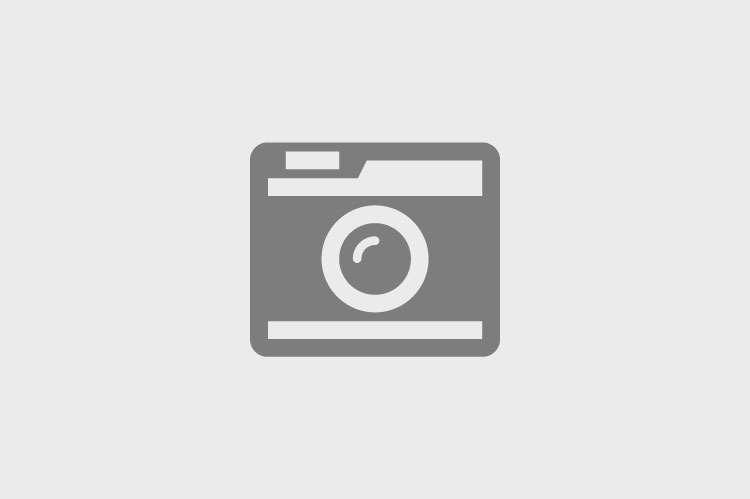The first time Hugo Chavez froze relations with Venezuela's second largest commercial partner (Colombia that is, on January 2005), it was due to the capture of one of FARC's leaders Rodrigo Granda, while attending in Caracas one the Bolivarian get-togethers organized by the Venezuelan regime. Granda, a wanted criminal involved in planning and assassinating Cecilia Cubas, daughter of former Paraguayan President Raúl Cubas, had been living in Venezuela and was given citizenship by the Chavez administration. The army intelligence officer who conducted the operation to capture Granda, was tortured and convicted on trumped charges by Chavez's kangaroo courts.
The second time Hugo Chavez froze relations with Colombia, was over the assassination in Ecuador of FARC leader Raul Reyes in March 2008. This time round the Venezuelan dictator escalated his willingness of having a war with Colombia, and actually ordered troops and tanks to the border between the two countries.
The most recent, and third, time Chavez froze relations with Colombia, has been over the seizure of "AT-4 anti-tank rocket launchers bought by Venezuela from Sweden's Saab Bofors Dynamics", found in the hands of the FARC, a terrorist organization according to European countries, the USA and Canada.
If more evidence of Chavez's relationships with the FARC were needed, close collaborators of his are up to their eye balls in dealings with the terrorist group. So the question is not whether Colombia's latest revelation confirms what has been public knowledge for a long time, but rather to ask: when will the international community start treating Hugo Chavez and his regime as the terrorists supporters they are?

